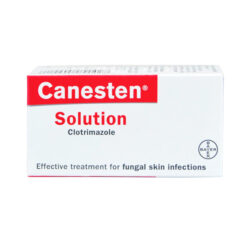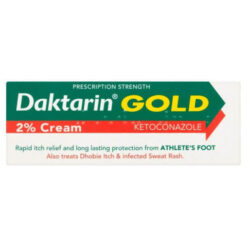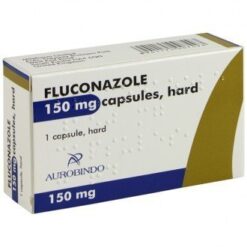What is Ringworm?
Ringworm is a contagious skin infection caused by fungi that invade different parts of the body, including the skin, scalp, groin area, or feet. It is very common in children but can infect people of any age. This infection usually presents as a red, ring-like rash and is highly communicable, passing through skin-to-skin contact or touching contaminated personal items.
What Causes Ringworm?
Ringworm is a skin condition caused not by a worm but by a type of fungus. This fungus is part of a group called dermatophytes, which live on a protein known as keratin, found in skin, hair, and nails.
These fungi prefer warm and moist environments, which is why they are more active and cause more infections in hot, humid conditions. This preference for moisture also explains why sweaty areas of your body are more likely to be affected.
Ringworms can show up in different areas and are named accordingly. For example, it’s called tinea capitis when it affects the scalp. On the feet, it’s known as tinea pedis or athlete’s foot, and in the groin area, it’s referred to as tinea cruris or jock itch.
Ringworm Symptoms
Ringworm presents a variety of symptoms, depending on the area of the body it affects. Some of the symptoms of ringworm infection include:
- Red round patch on the skin with mild swelling
- Itchy patch on the skin
- Scaly patches on the skin
- Ringworm of the foot may cause scaling or cracking skin, especially in between the toes
For a complete list of symptoms, visit the NHS website.
How To Treat Ringworm
Prescription Treatments
Prescription medications for ringworm include oral antifungals such as griseofulvin, terbinafine, itraconazole, and fluconazole.
Griseofulvin is often used for scalp and skin infections, especially in children, by inhibiting fungal cell division.
Terbinafine and itraconazole are effective against various types of fungal infections, including those affecting the skin and nails.
Fluconazole tablets are used for more persistent or severe infections due to their broad-spectrum antifungal activity. You can buy these tablets from our online pharmacy following a short consultation with one of our licenced pharmacists; once approved, we’ll have your prescription sent directly to your door.
Over-the-counter Treatments
Topical antifungal creams and lotions like Clotrimazole and Daktarin Gold Cream are widely used over-the-counter treatments for Ringworm. These are applied directly to the affected areas and effectively treat mild fungal skin infections. These Creams can be purchased from our online ringworm clinic without a prescription.
Medicated shampoos containing ketoconazole or selenium sulfide can be used to manage scalp ringworm, helping reduce the spread of the fungus and alleviate symptoms.
Antifungal powders and sprays are beneficial for keeping the affected areas dry, especially in the athlete’s foot. They create an environment less conducive to fungal growth and spread.
Preventing Ringworm
Following these preventative measures can significantly reduce the risk of contracting and spreading ringworm. Remember, ringworm is a common and treatable condition, but prevention is always better than cure.
Environmental Cleanliness
Regularly clean and disinfect areas frequently touched or used, such as bathrooms, locker rooms, and gym equipment. Fungi thrive in damp environments, so keeping these areas dry and clean can significantly reduce the risk of ringworm.
Personal Hygiene
It’s essential to wash your hands regularly and thoroughly. After activities that cause sweating or after coming in contact with animals, a thorough shower or bath is recommended. Additionally, keep fingernails short and clean, as fungi can reside under long nails.
Clothing and Footwear
Change clothes, especially socks and underwear, daily. Choose breathable, moisture-wicking fabrics, especially when exercising. Avoid walking barefoot in public areas like swimming pools, showers, and locker rooms.
Pet Care
Regularly check pets for ringworm signs, such as missing fur patches. If a pet is diagnosed with ringworm, follow the vet’s instructions carefully to treat the pet and clean the environment to prevent the spread to humans.
Avoid Direct Contact
Be cautious about direct skin-to-skin contact with people or animals that may be infected. This is particularly important in settings like gyms, daycares, or sports teams where close contact and shared equipment are common.
Shared Items and Equipment
Avoid sharing personal items such as towels, hairbrushes, or clothing that may have come in contact with the fungus. In communal or shared environments, ensure that items are disinfected regularly.












